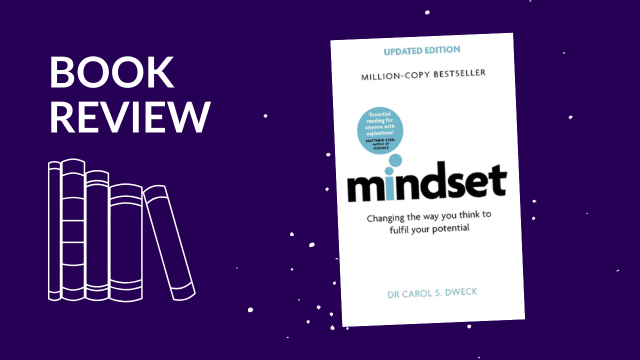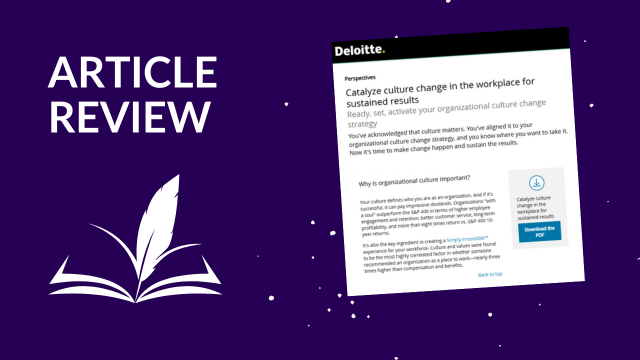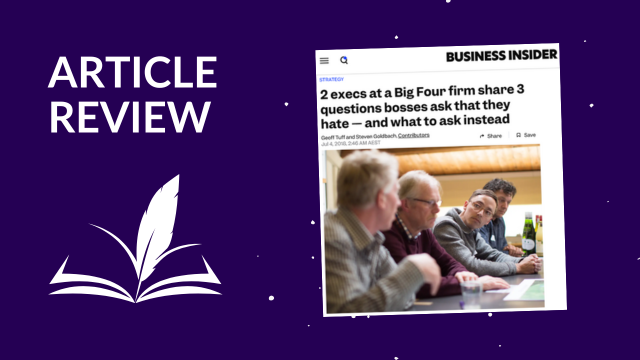Carmine Gallo knows a lot about communication. Among other things, he is the author of Five Stars: The Communication Secrets to Get from Good to Great and Talk Like TED, the 9 Public Speaking Secrets of the World’s Top Minds. In his (spoiler alert) Forbes article “The Best Speech In The ‘Game Of Thrones’ Finale And Why It Matters To Today’s Leaders,” Gallo returns to a common theme in his writing, and one that contains a vital message for change practitioners and the leaders we serve.
In his article Gallo writes, “’What unites people?’ Tyrion asked. ‘Armies? Gold? Flags? No. It’s stories,’ he said. ‘There’s nothing in the world more powerful than a good story. Nothing can stop it. No enemy can defeat it.’”
What is the story of the change(s) you are currently supporting? Chances are, you can cite the data…the number of people affected by the change, the cost of the initiative, the intended outcomes, the ROI. In today’s business world, most organizations have moved away from story. They attempt to make change an intellectual exercise. But it isn’t. Letting go of old ways of doing things, old ways of thinking, isn’t an intellectual exercise. Committing to a new future—truly committing—isn’t an intellectual exercise. There’s catharsis in letting go. There’s head, heart, gut passion in truly committing to the new future.
Story is a way to hold onto what is important about the past. Story is also a way to “paint the picture” that let’s everyone know what the journey will be like, and how the destination will be experienced once it has been reached. Story, well told, can engage everyone from C-suite executives to front line workers; most change communications don’t come close.
According to Gallo, “Like today’s communicators, some ancient storytellers were more skilled than others. The good ones were widely admired for their ability to hold an audience’s attention, to keep them laughing, and for entertaining as well as informing. According to (social anthropologist Polly) Wiessner, ‘Stories told by firelight put listeners on the same emotional wavelength, elicited understanding, trust, and sympathy.’” A good story today will do the same thing. Neuroscience has documented the alignment of brain patterns when listening to story; that doesn’t happen when hearing “just the facts.”
As an experienced change practitioner, you have stories to tell. Tell them. Tell your current sponsor the story of the former sponsor who wanted to suppress resistance, instead of leveraging it. Tell the story of the project manager who treated change management as “nice to have” instead of “essential to success.” And tell the story of the leader, or even the middle manager, who successfully used story as an integral element of change execution.
Perhaps the next tool to add to your change toolkit is storytelling. Integrate storytelling into whatever change methodology you are using. When you are invited to address change management in the leadership development program…tell a story about how important storytelling is for leaders. And as you work with the change communications team, ensure that they are storytelling. It works.
Photo Credit: HBO







